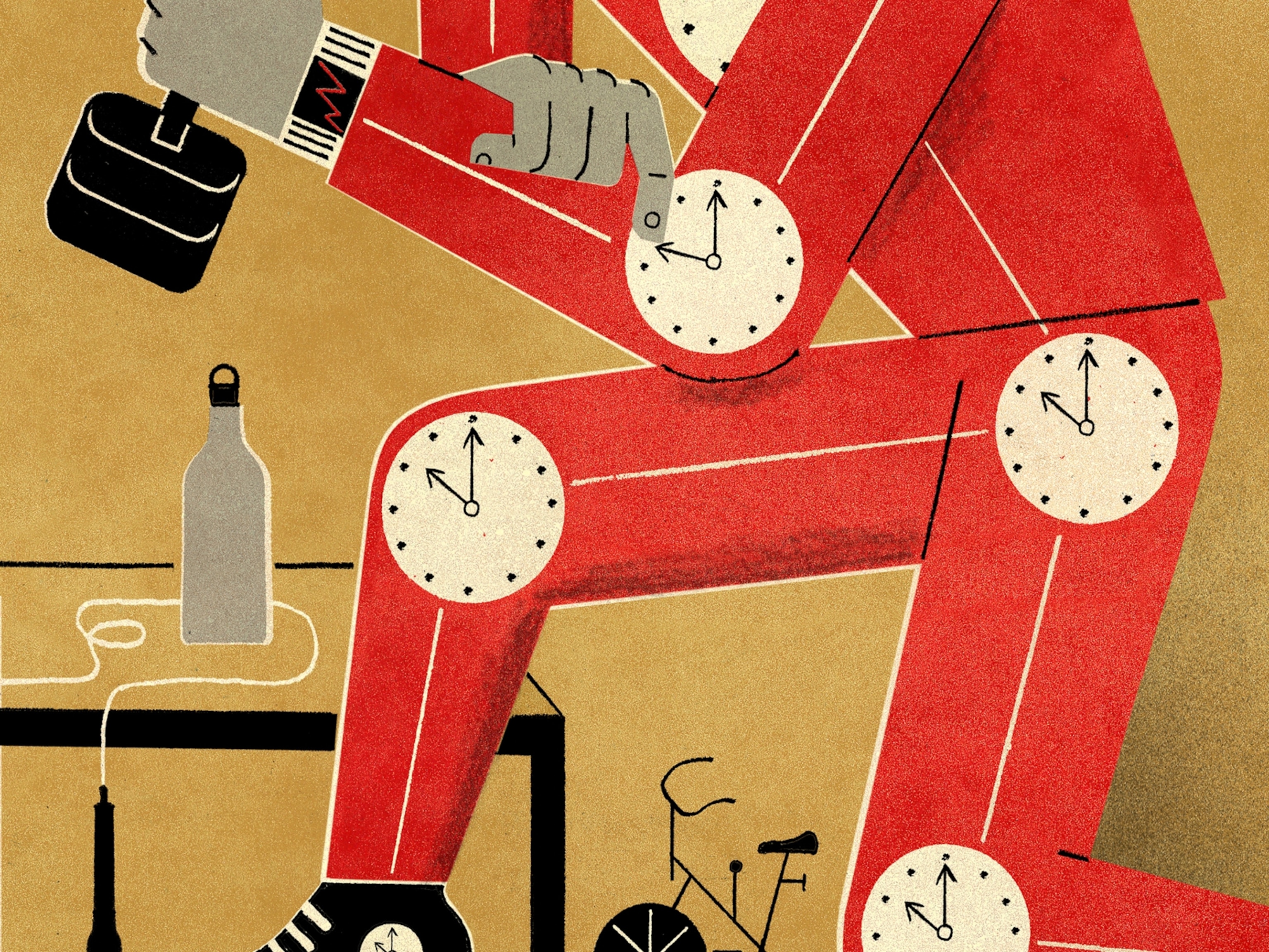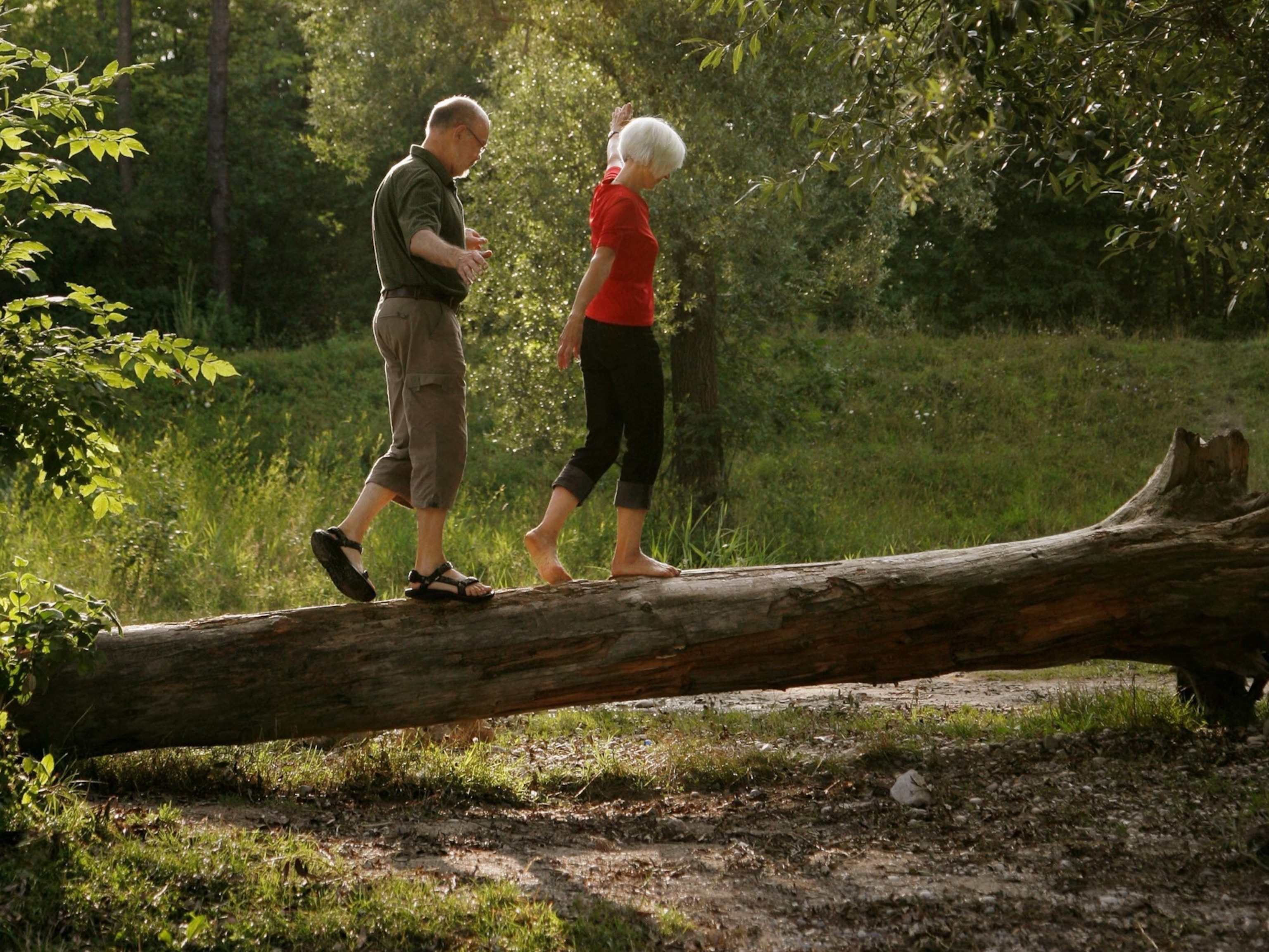
Longevity Genes Found; Predict Chances of Reaching 100
Can you live to be a hundred? Specific sections of your genes might provide the answer, a new study says.
There's still no way to predict whether you'll live to be a hundred—but scientists are getting closer.
A newly discovered suite of 150 "long life" variants in about 70 genes allows scientists to guess, with 77 percent accuracy, whether a person can live into their late 90s or longer, a new study says.
(Get a genetics overview.)
These long-life gene variants, the authors speculate, may suppress genes associated with ailments often linked to aging, such as dementia and heart problems.
"This is just a genetic predisposition," cautioned study leader Paola Sebastiani, a biostatistician at the Boston University School of Public Health. "It doesn't mean that you're going to live to be a hundred. Many things can happen in life."
Naturally, lifestyle choices, environment, and plain good luck will always play major roles in determining life span—as they may have for the 23 percent of centenarian test subjects found to lack the telltale gene variants.
Maybe this minority "lived long simply because they had some tricks and avoided risk factors," Sebastiani said. "Perhaps they didn't smoke, didn't eat much red meat, or just lived healthier lives."
Billed as the world's largest scientific study of centenarians and their families, the New England Centenarians Study has collected data on more than a thousand Caucasian centenarians since 1995. Further studies will extend the research to other ethnicities, beginning in Japan, home to an inordinate number of centenarians.
In industrialized countries only about 1 in every 6,000 people will reach a hundred years of age. Just one in every seven million becomes a "supercentenarian," reaching 110. Eighty-five percent of all centenarians are women.
(Pictures: "The Secrets of Longevity.")
From Centenarian Genes to Personal Fountains of Youth?
The new discovery, which the authors call a first step, may lead to people being able to learn in advance how long their bodies are predisposed to last.
Also, further studies of the 150 gene variants could yield advances toward personalized genomics and predictive medicine—particularly in regard to age-related ailments, the study team said.
The research has already revealed one surprise in this respect.
It's long been known that exceptional longevity runs in families, so many researchers have supposed that the long-lived might be lacking gene variants associated with age-related diseases.
But the new data show that centenarians have just as many of the disease-associated variants as other people. That means the longevity-related variants may somehow cancel or trump the variants associated with such ailments, according to the new study, to be published Friday in the journal Science.
However they do it, the centenarian gene variants generally appear to hold off disability and disease until the last years of lifes. Ninety percent of people who live to be a hundred remain disability free until about age 93, the researchers said.
(Also see "Yeast Life Extended Ten Times; Offers Hope for Humans.")
Longevity: More Than Just Genetics
Demographer Dan Buettner has spent years studying the world's longest-lived people and the places where they live, which he's dubbed blue zones. (Preview Buettner's article "The Secrets of Long Life.")
Buettner praised the new research and said it's long been known that people who reach a hundred not only live well but also have won the "genetic lottery."
"But genes and environment are inextricably interwoven," he said.
For example, environmental factors such as food, water, and air quality can shift rapidly, meaning the set of genes that helped today's centenarians live longer might not have the same benefit to babies born this year, said Buettner, a grantee of the National Geographic Society's Expeditions Council. (The Society owns National Geographic News.)
(Related: Buettner on the longevity lessons of a small Mediterranean island.)
Buettner believes genetic interventions could someday help slow the aging process—but that remains far in the future, he said. For now each of us must live with the genes we've been dealt, which means those hoping to live longer should look at their lifestyles.
"What we know now is that the average American could probably add about ten years of life expectancy and slow the biological clock," he said.
Eating better, and less, is a big part of the equation, he added. Other aspects are physical activity and mental focus—Buettner believes that people with a strong sense of purpose in their lives can live about seven years longer than those who don't have one.
"To take advantage of any possible future genetic interventions," Buettner said, "your best strategy right now is to optimize your lifestyle."





